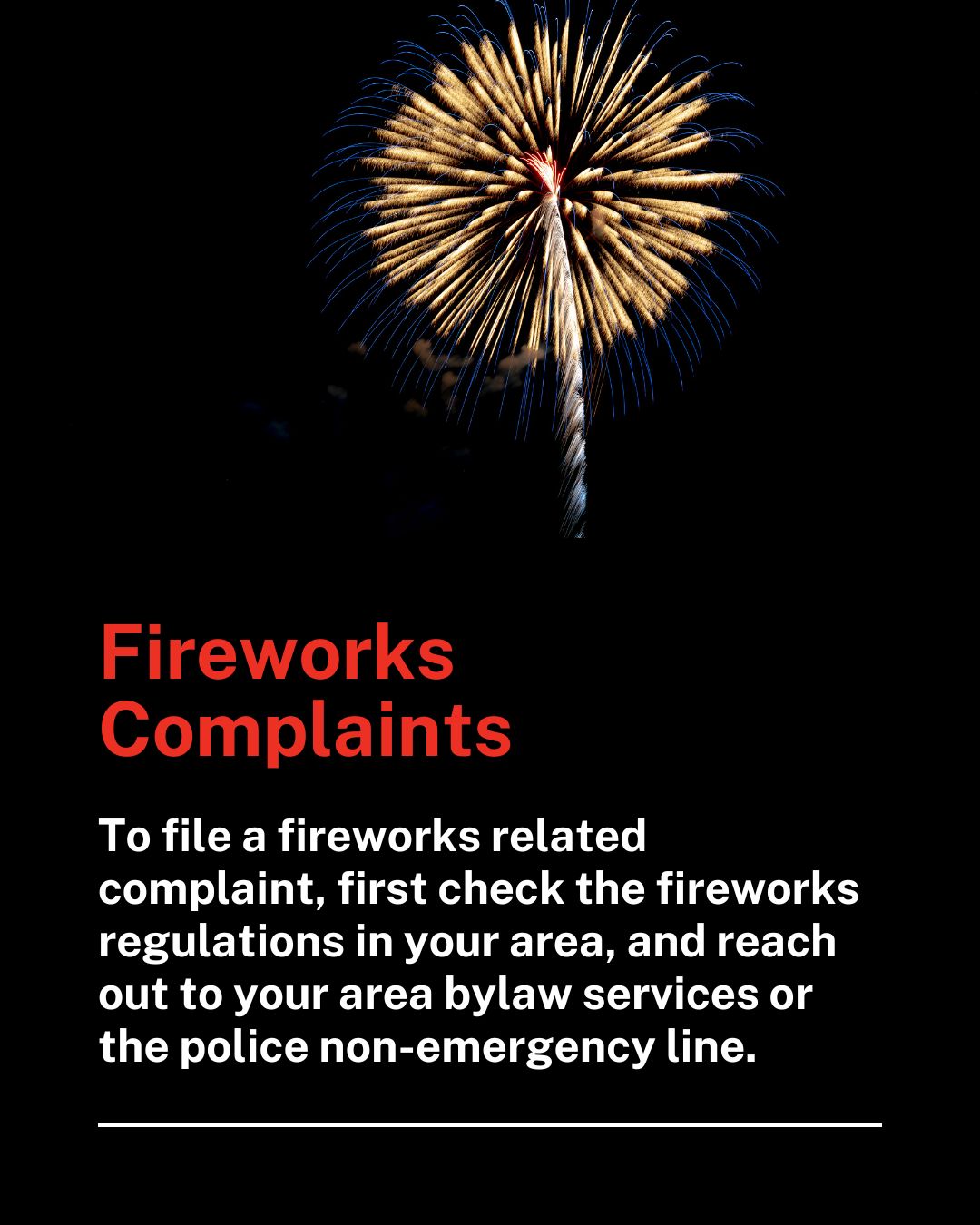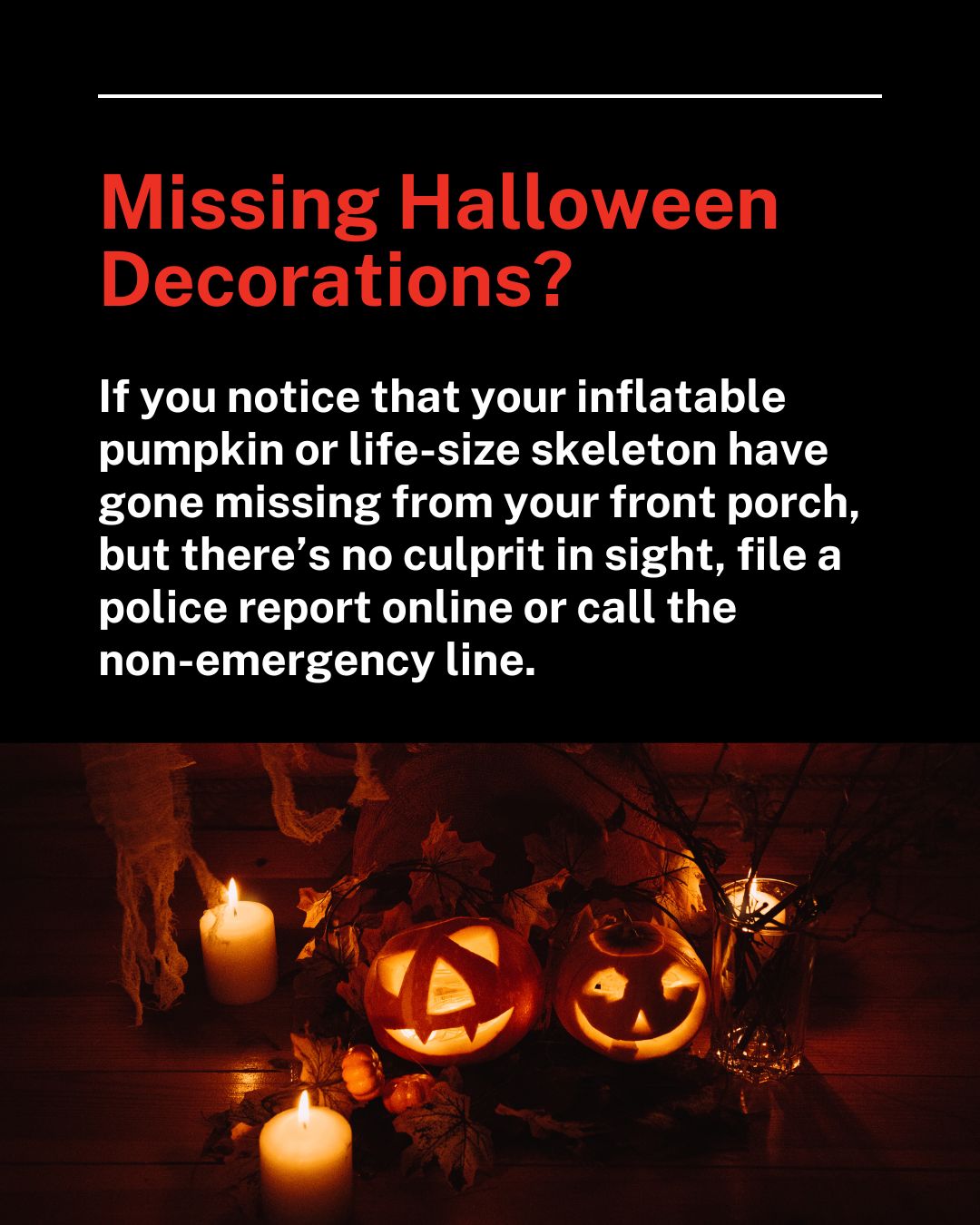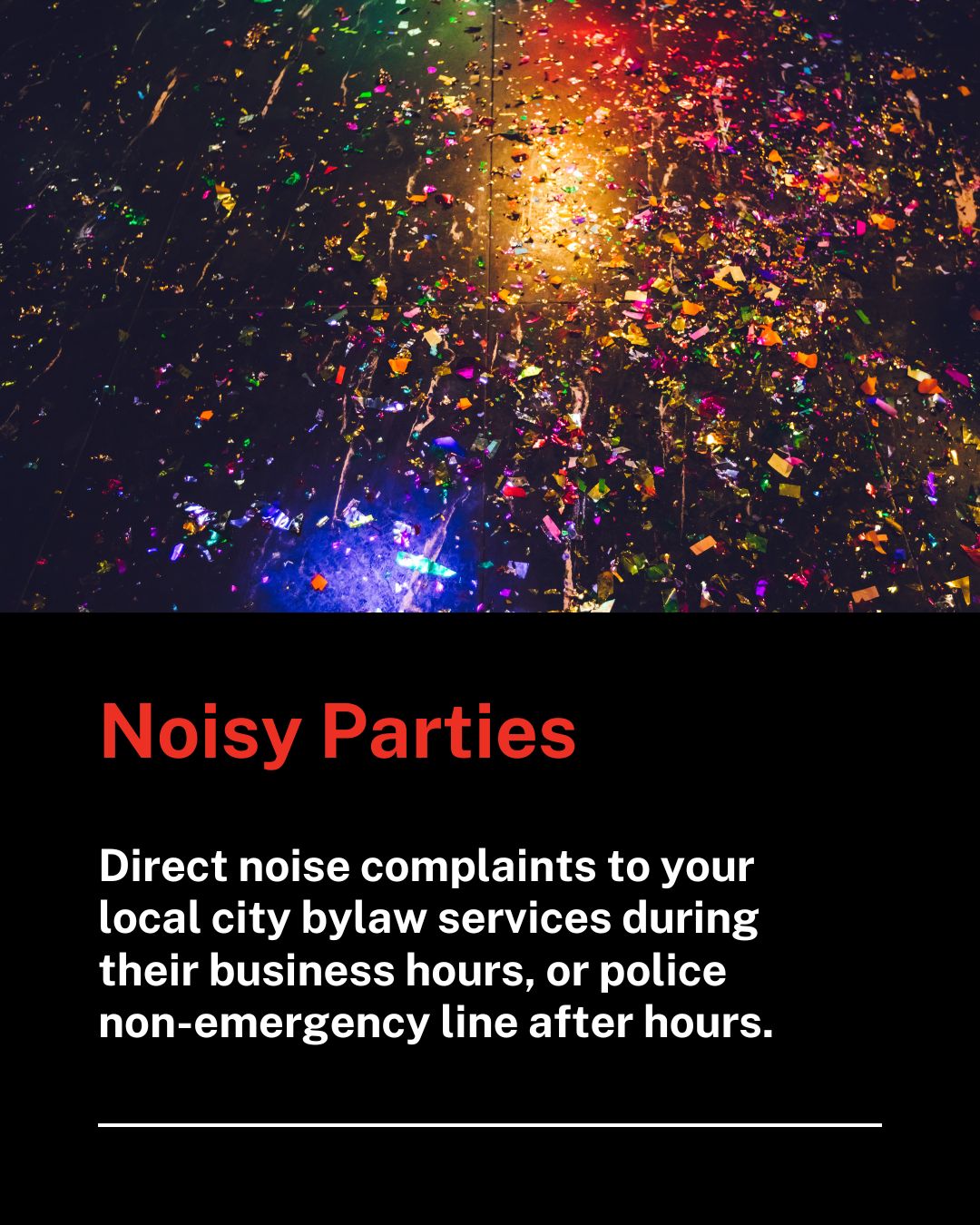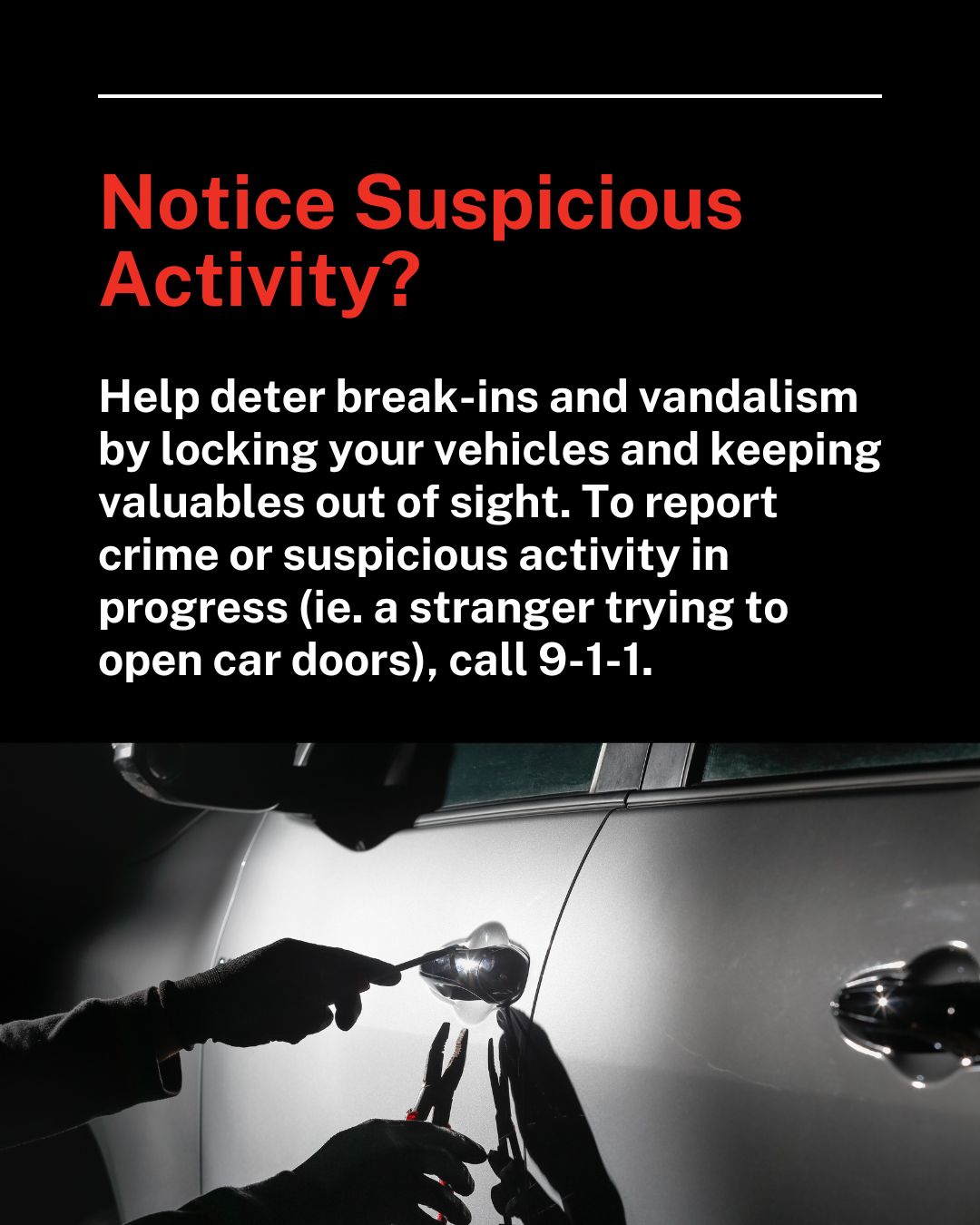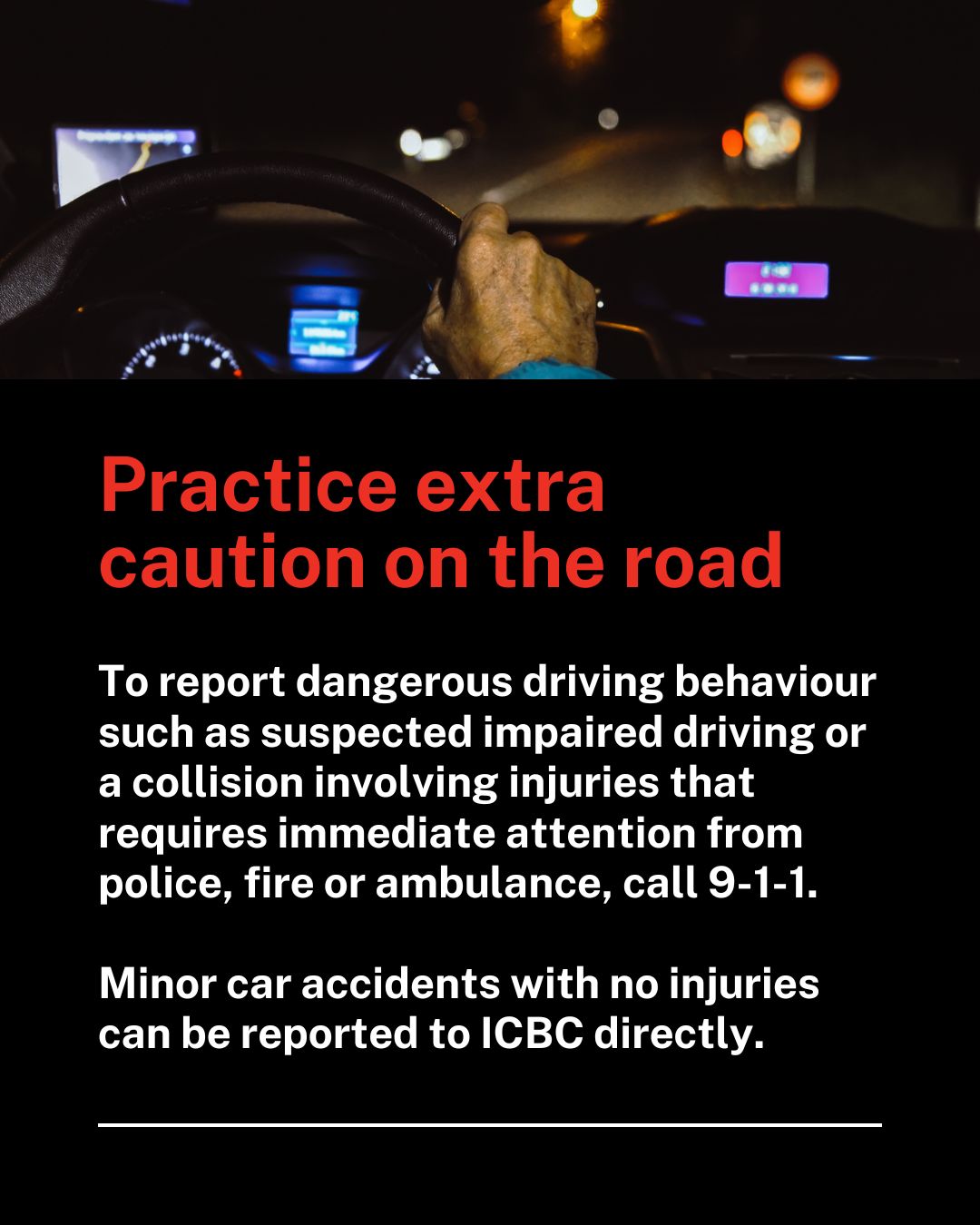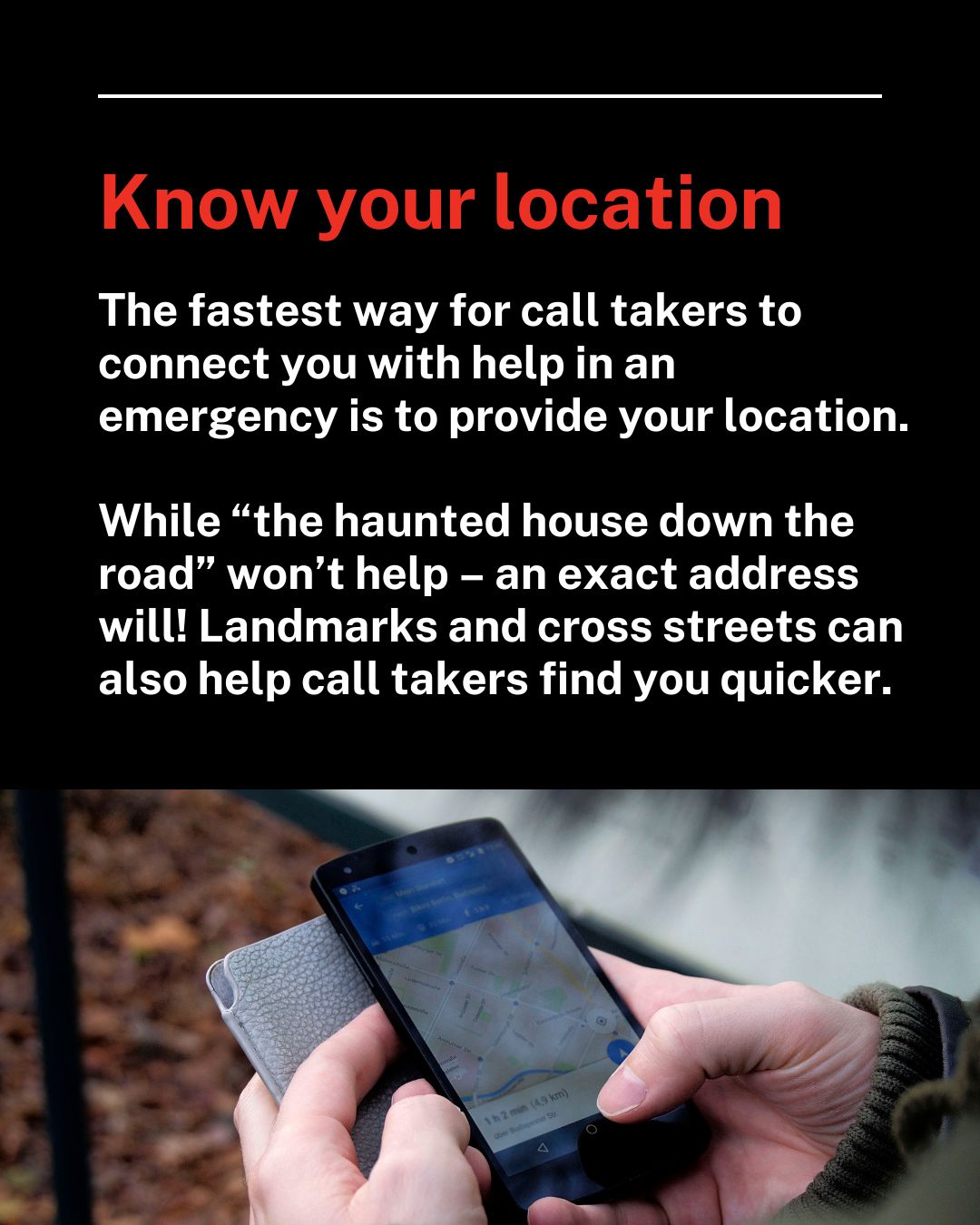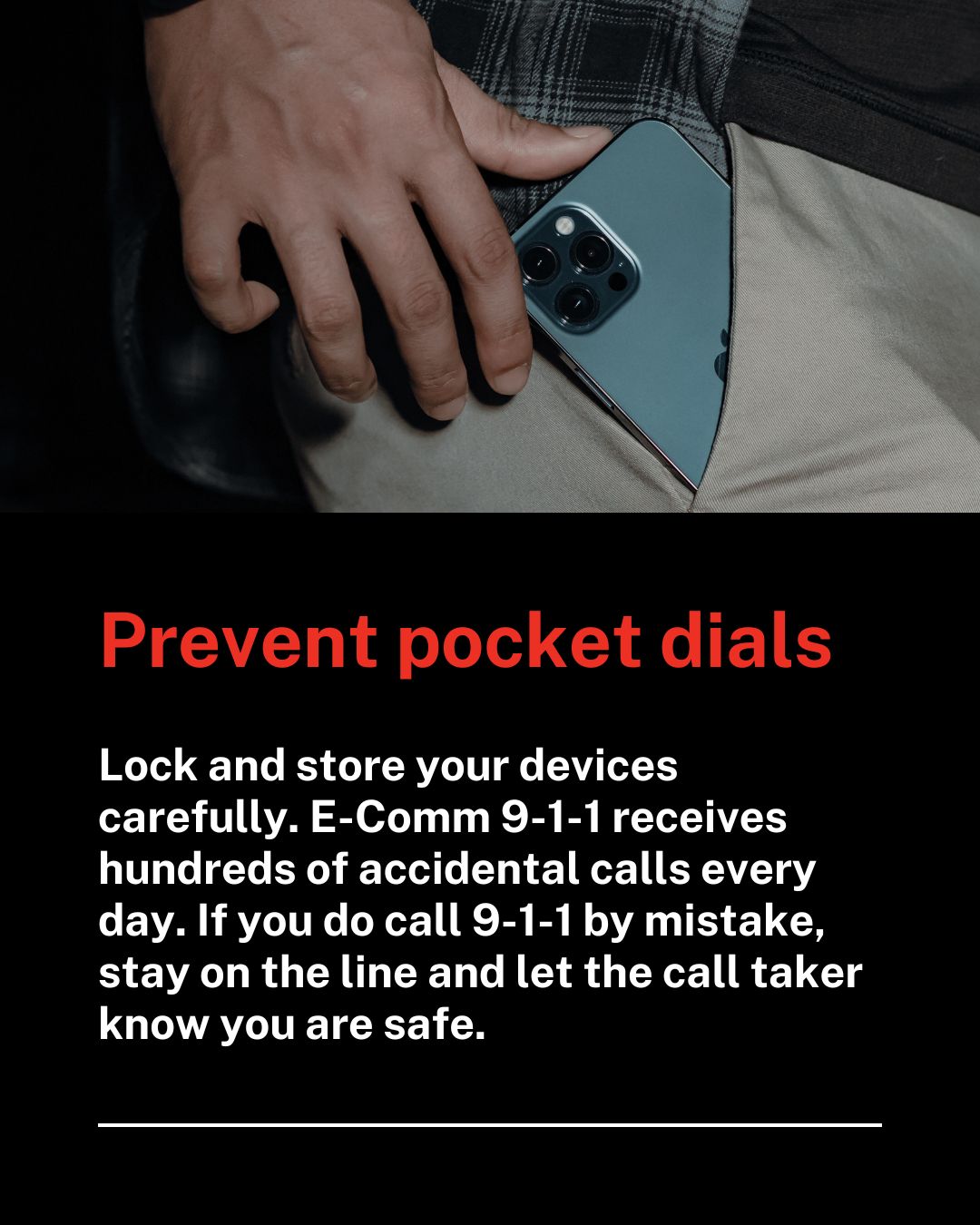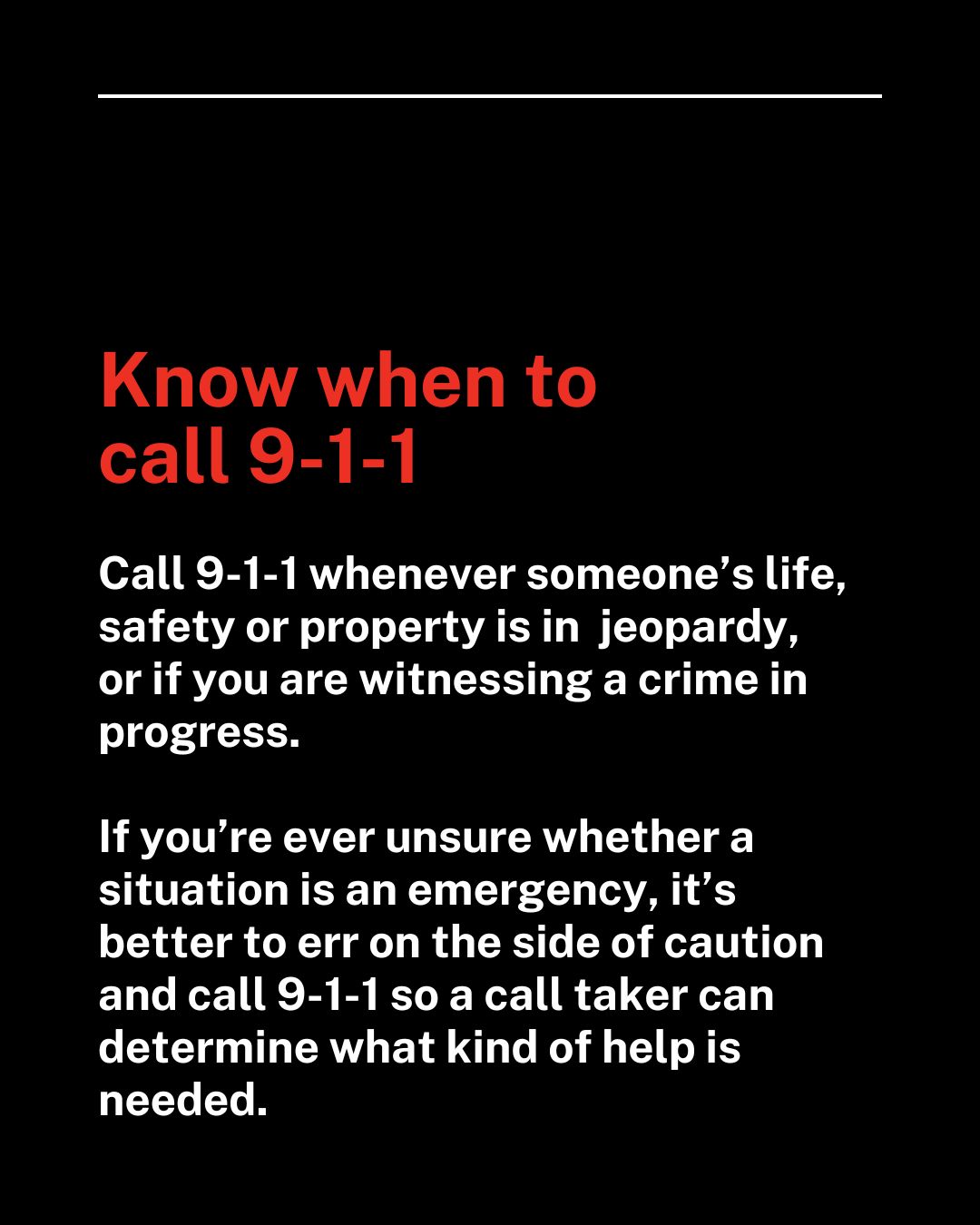Air fryers, luggage limits and broken dishwashers don’t require 9-1-1
E-Comm releases its annual top ten list reminding the public to keep 9-1-1 lines free for emergencies only
When a store refuses to return your air fryer, an airline fines your oversized carry-on, or your dishwasher breaks, 9-1-1 is not the appropriate number to call.
E-Comm is reminding British Columbians that 9-1-1 is for emergencies, not consumer complaints, general questions or inconveniences, as it releases its annual list of top ten reasons not to call 9-1-1, based on actual calls received by E-Comm police call takers throughout 2025.
By sharing the top ten list, E-Comm aims to reinforce the importance of keeping 9-1-1 lines available for those who truly need urgent help from police, fire, or ambulance for an emergency where immediate action is required.
“No matter how absurd a call might be on the surface, we have to treat every 9-1-1 call as an emergency, until we can confidently determine otherwise,” explains Bailey Mitchell, police call taker at E-Comm. “Every second we spend fielding questions about traffic, hornets or bad haircuts is time that could otherwise be helping someone in a life-threatening emergency situation.”
Top 10 unusual calls on 9-1-1 in 2025
- Their luggage exceeded the carry-on limits
- Walmart wouldn’t return an air fryer
- Their dishwasher was broken
- Someone parked at Starbucks and went into a grocery store instead
- A non-electric car parked at EV charging station
- They wanted to complain about traffic
- They got locked out of their Airbnb
- They left their iPad at the SkyTrain station
- They wanted help getting a hornet out of their apartment
- They were unhappy with their haircut
Police call takers are unable to assist with non-urgent matters on 9-1-1, but reaching out to the non-emergency line, or another alternative resources may help resolve your issue. To help the public make the right call, examples of emergency situations that should be reported through 9-1-1 and a comprehensive list of alternative resources are available on E-Comm’s website.
“The majority of people use 9-1-1 responsibly, and we want British Columbians to feel confident calling for help in an emergency,” says Carly Paice, Communications Manager at E-Comm. “No matter the time of day, our call takers are here to connect people with critical emergency resources when they need them most.”
Tips on proper use of 9-1-1
- 9‑1‑1 is for police, fire or medical emergencies when immediate action is required: someone’s health, safety or property is in jeopardy or a crime is in progress
- Know your location at all times
- Don’t program 9‑1‑1 into any phone
- If you call 9‑1‑1 accidentally, stay on the line and let us know
- Lock and store your cellphone carefully to prevent accidental 9-1-1 calls
- Visit nonemergency.ca for a list of alternate resources for reporting non-emergency matters
E-Comm is responsible for 99 per cent of the 9-1-1 call volume in British Columbia and handles approximately two million calls 9-1-1 calls per year.




